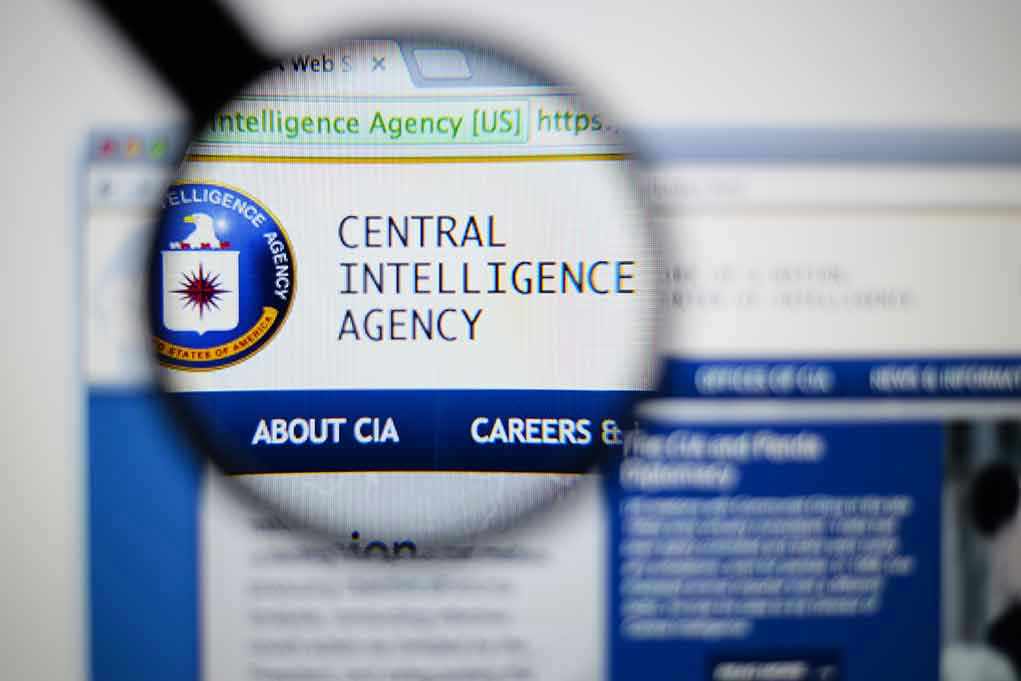
Two CIA analysts who contributed to the controversial 2017 Intelligence Community Assessment on Russian election interference remain employed, sparking renewed debate about intelligence integrity.
Story Highlights
- Two CIA analysts involved in the 2017 Intelligence Community Assessment remain employed.
- Critics argue the ICA was based on weak or manipulated intelligence.
- John Brennan’s influence is alleged to have affected the agency’s culture.
- Recent declassifications have reignited calls for accountability and reform.
Continued Employment of Analysts Raises Concerns
In a stunning revelation, two CIA analysts who played a pivotal role in crafting the 2017 Intelligence Community Assessment (ICA) on Russian election interference are reportedly still employed by the agency. This assessment, which concluded that Russia favored Donald Trump, has been criticized for relying on weak and manipulated intelligence. The continued presence of these analysts within the CIA has been highlighted by former CIA officer Bryan Dean Wright, who has called for accountability in the intelligence community.
Wright, a vocal critic of the intelligence community’s handling of the Russiagate narrative, has alleged that the ICA’s key judgments were based on scant evidence and that internal reviews have since criticized the assessment process. His revelations have reignited debates about the politicization of intelligence and the influence of former CIA Director John Brennan, who is accused of exerting undue influence over the ICA’s creation.
Declassification Sparks Renewed Scrutiny
Recent declassification of CIA and House reports has shed light on the procedural flaws and limited evidentiary basis for the ICA’s key judgments. The Office of the Director of National Intelligence (ODNI) press release from July 23, 2025, emphasized former President Obama’s direct role in ordering the ICA and the controversial use of the Steele dossier, despite its known flaws. These revelations have intensified calls for reform within the intelligence community to ensure greater transparency and accountability.
The declassified reports underscore the need for a comprehensive review of intelligence processes and personnel practices. Critics argue that the rapid production of the ICA by a small, compartmentalized team under Brennan’s direction compromised the objectivity and reliability of the assessment. This has led to a broader discussion on the necessity of depoliticizing intelligence analysis to restore public trust and integrity in national security institutions.
Calls for Reform and Accountability
The ongoing debate over the integrity of the 2017 ICA has highlighted the need for significant reforms in the intelligence community. Bryan Dean Wright and other critics have advocated for criminal accountability for those who politicized intelligence, including John Brennan. There is a growing consensus that reform is necessary to prevent future instances of intelligence manipulation and to protect the independence and credibility of intelligence analyses.
This issue has also raised concerns about the potential chilling effect on intelligence analysts who fear politicization or retribution. The broader public debate over “deep state” narratives and government transparency continues to intensify, underscoring the critical need for clear and unbiased intelligence assessments in shaping national security policies.
Sources:
ODNI Press Release, July 23, 2025
CIA Tradecraft Review, June 26, 2025
Declassified HPSCI Report, July 2025




